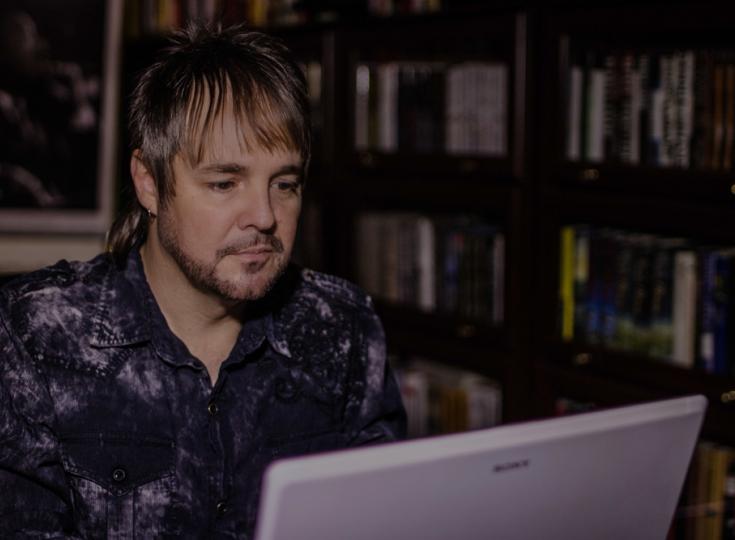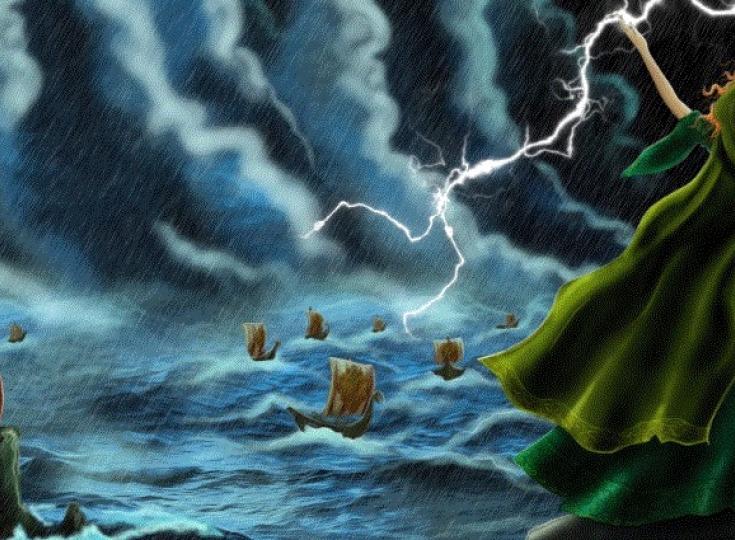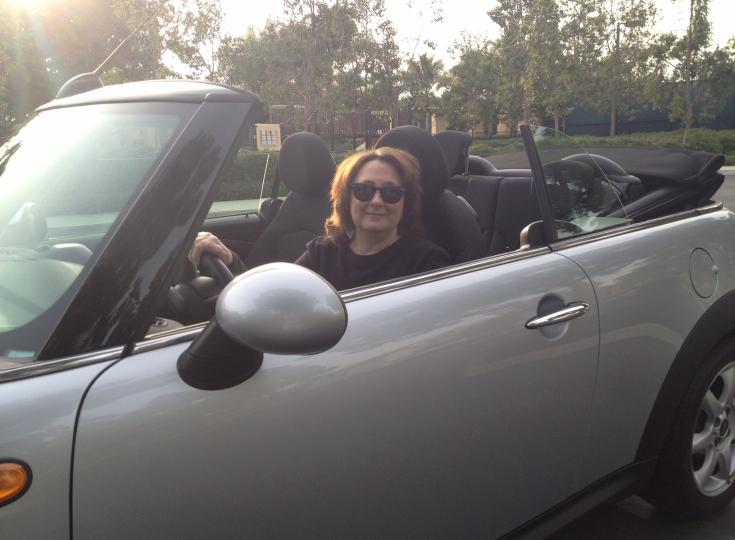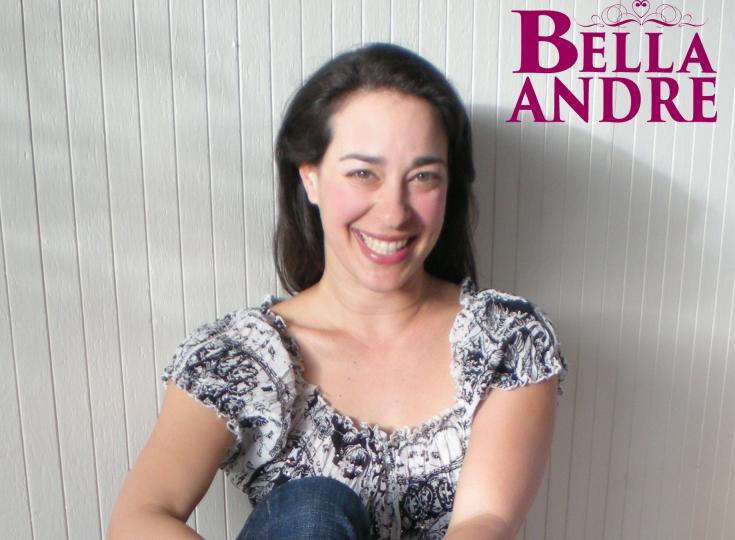Sherilyn Decter - Flashing Flappers and Dangerous Bootleggers
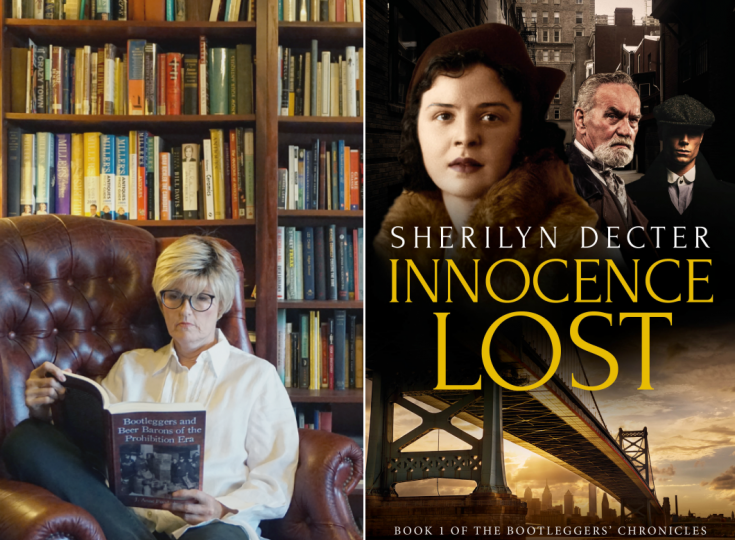
Sherilyn Decter is enthralled with the flashing flappers and dangerous bootleggers from the Roaring Twenties and Prohibition. Through meticulous research, that lawless era is brought to life. If you like feisty and determined heroines, complex cover-ups, Prohibition stories about criminal underworlds, police and political corruption, then you’re going to love Sherilyn’s grand gangster tales. As our Author of the Day, Decter tells us all about her book, Innocence Lost.
Please give us a short introduction to what Innocence Lost is about.
Four years into Prohibition, a young widow with a son has her back to the wall financially. To put groceries on the table, she takes in boarders, one of them a cop and one with dangerous ties to gangsters. Her son’s friend goes missing and the corrupt police decline to investigate. Maggie must decide to step out of her safe and comfortable existence to help solve the mystery of what happened to Oskar, or to shut the door on the pleas of her son and Oskar’s mother for help. Influencing her decision and ultimately guiding her through the investigation, is a Victorian era police investigator who has unresolved issues of his own.
What inspired you to write about a woman who works with the ghost of a Victorian-era cop?
There was extremely limited access to training or employment opportunities available to women who wanted to pursue a criminal investigation. She needed a mentor. I thought it would be interesting to pair her up with a curmudgeon retired cop who also happened to be a ghost. They have to learn to work together and to deal with some of Frank’s unique capabilities and restrictions.
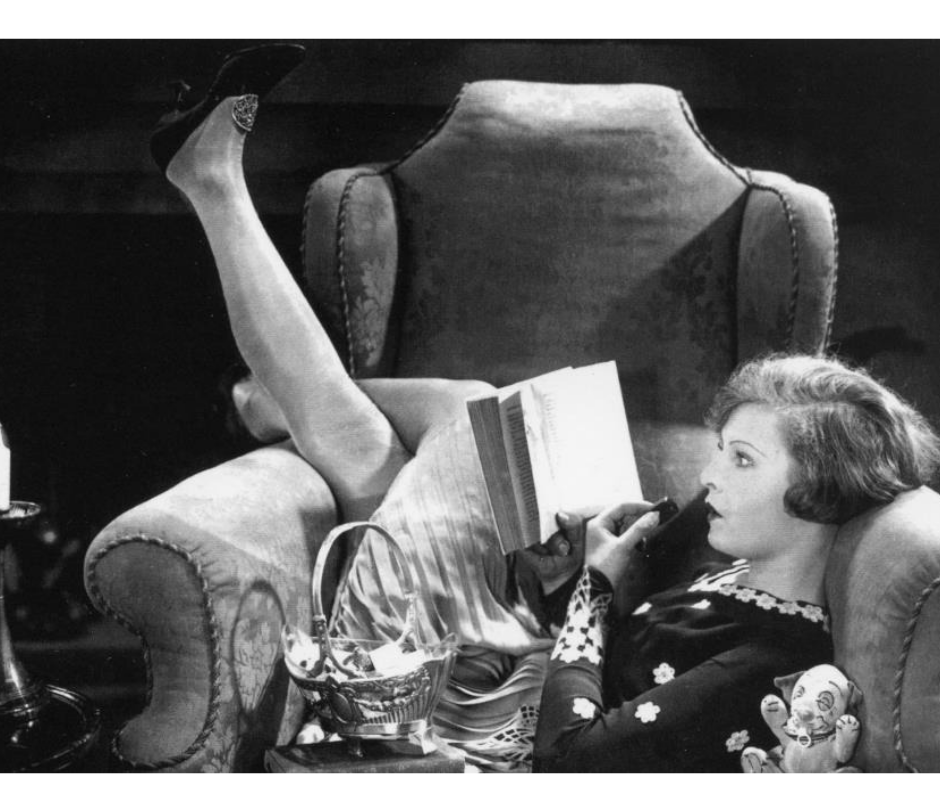
Tell us more about Maggie Barnes - what makes her tick?
Maggie was raised in an affluent family at the turn of the century. She fell in love with and ran off with an ‘unsuitable’ young man. The harsh reality of life ground away much of the adventurous vital young woman until one day she noticed her mother staring back at her in the mirror. Maggie’s first big decision in the series is how she’s going to respond to that. Can she rediscover the passionate risk-taking, unconventional young girl she was or will she remain in the narrow life she has found herself living?
Why did you pick 1924 Philadelphia as the backdrop for you book?
I’ve always been interested at stories about women at the crossroads. The Twenties were a period of huge change for women- voting, education, independence, getting rid of corsets and long skirts. Rules from previous generations were being broken and society was reforming itself into something very familiar to us now. The Twenties were a hundred years ago, and yet we can see ourselves, our mothers, and our grandmothers navigating the many profound changes from that era.
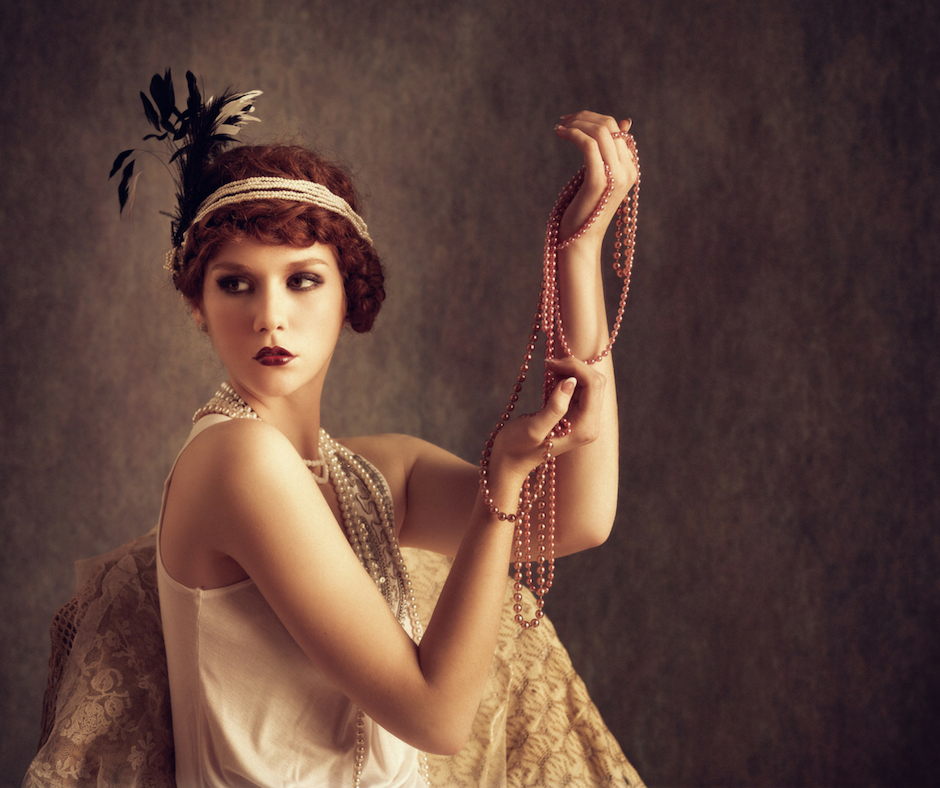
How much research did this book require from you and what was the most interesting aspect of this research?
I love history and have been an avid historical reader for many years. It was important to me to stay true to the times and to the historical facts of the decade that the series deals with. There are a few times where I had to compress timelines, or fill in the blanks of real peoples stories as they intersect with Innocence Lost, but I outlined much of that in the Author’s Notes at the back of each book. Many of the characters, including the ghost and the villain were actual people so I tried to stay true to their actual life story.
The joy of writing historical fiction in the internet age is being able to find source material- archives in the Philadelphia Inquirer, police archives, reach out to archivists at hospitals and universities to get background material, look at old maps and pictures of Philadelphia and the area. I’ve got binders of information to inspire me.
One example from many instances dealt with community. Something as simple as deciding what neighborhood Maggie would be living in involved reading non-fiction histories, talking to historical groups, book clubs from the area, and looking at maps. It had to be close to the waterfront, a center for immigration, not affluent, close to Jewish communities (which is important in later books in the series,) etc. Northern Liberties in Philadelphia fit the bill and thank you to all who helped point me in that direction.
What fascinates you about the prohibition era?
I love the vitality and recklessness of flappers. I have huge respect for the early bootleggers- young men with no education from the wrong side of the tracks who saw a business opportunity (the government limited supply but could never manage to limit demand for liquor) and figure out a way to act on it, often involving territories, contracts, production, finance, sales, marketing, legal implications, international trade. It’s astounding.
I also have a drive-by fascination with how quickly established society broke down during the Twenties. The impact of World War I, the influenza epidemic, the changing role of women in society, the rise of sophisticated gangster organizations are some of the influences on this turbulent decade. Scholars agree that the world fundamentally changed in the 1920s. Corruption, greed, violence, innovations in transportation and communication-- there wasn’t anything left untouched.
As to the issue of Prohibition and the Volstead Act itself. It was phenomenally unsuccessful at its stated objective of making America a ‘Dry’ country. And the unintended consequences of it shook the country. It took the fabric of society and ripped it to shreds. It’s not often an example of public policy can have that impact.
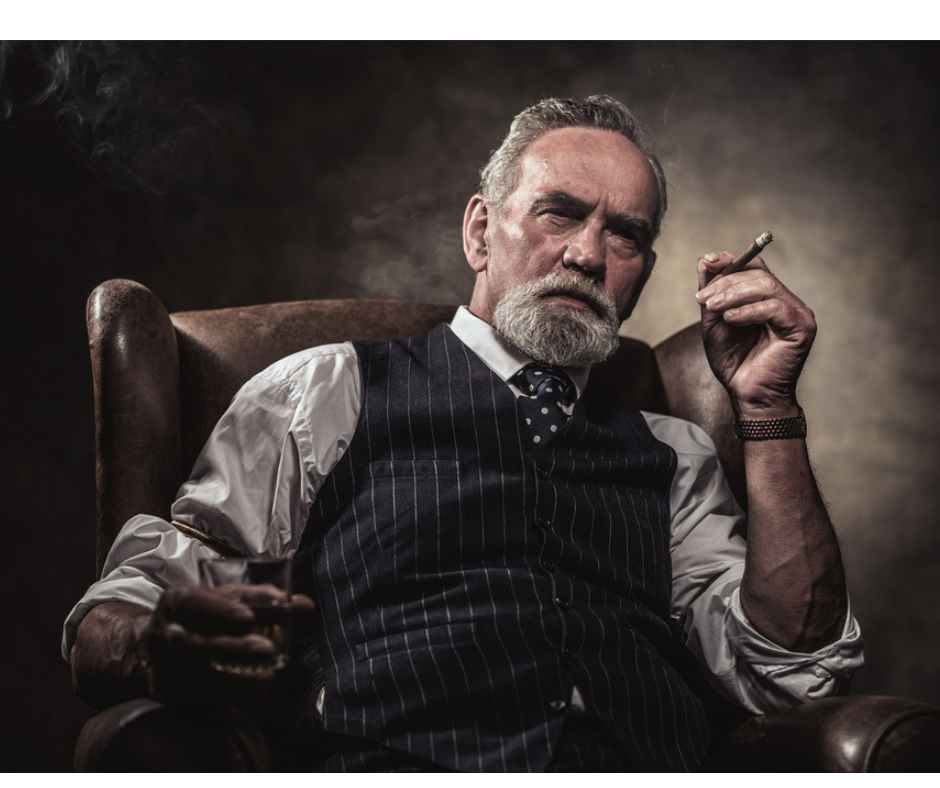
Besides writing, what other secret skills do you have?
I garden, I collect miniatures and have a large dollhouse, I have two rescue pups from Mexico that have sat at my feet while I’ve written each word, and listened to me try to curse in Polish, sing sea shanties, and recite political speeches from Philadelphia’s past.
Which famous person, living or dead would you like to meet and why?
I’d love to talk to the characters in my book that were historic figures. I’d love to sit down with Eleanor Roosevelt for a heart-to-heart.
Is there an underlying message you wish to relay about basic human nature through your characters?
The premise of the Bootleggers’ Chronicles series and Maggie’s story is a quote from Martin Luther King, Jr.: “The ultimate measure of a man is not where he stands in times of comfort and convenience, but where he stands in moments of challenge and controversy.”
Maggie is watching the integrity and the civic values of her city and her neighborhood crumble around her because of Prohibition. People are turning a blind eye to the corruption, the violence, and the breakdown in community either because they are complicit, afraid, or believe that one person cannot make a difference. Maggie must choose how she will respond to the situation. Over the course of the five book series, she deals with many of the deteriorating aspects of civility and justice, sometimes more honorably and effectively than others.
Do you ever suffer from writer’s block? What do you do to combat it?
Touch wood, I’ve not had writers block yet. At heart, I’m a story teller. Each time I open my work-in-progress I have the excitement of asking myself what happens next. That always leads to an “and then what happens” question.
What did you have the most fun with when writing this book?
Getting to meet so many Roaring Twenties enthusiasts. Whether online, on Facebook, or on Pinterest, there’s a wonderful and enthusiastic community of people who yearn for the good old days, want to Charleston and let loose like a flapper, who love the vitality of the era, who recognize the complexities of those early bootleg entrepreneurs.
Do you have any interesting writing habits, what's your average writing day like?
I’m an extreme early bird and am usually at my keyboard writing by 4:30 or 5:00 in the morning. I write until lunchtime and then usually have to call it a day because my brain is mush. I finish my writing day by putting my book to bed: I plan how I’m going to start the next day, get my research lined up, or review my outline, so I can hit the ground running. If I’m working through a plot knot, I’ll often think about it as I’m lying in bed. ‘How does Maggie get out of the locked trunk?’, Can Frank walk through walls- what are the implications if he can or can’t or won’t? How can I make Tommy more like a real boy and not a Pollyanna version of what I think a boy might be?
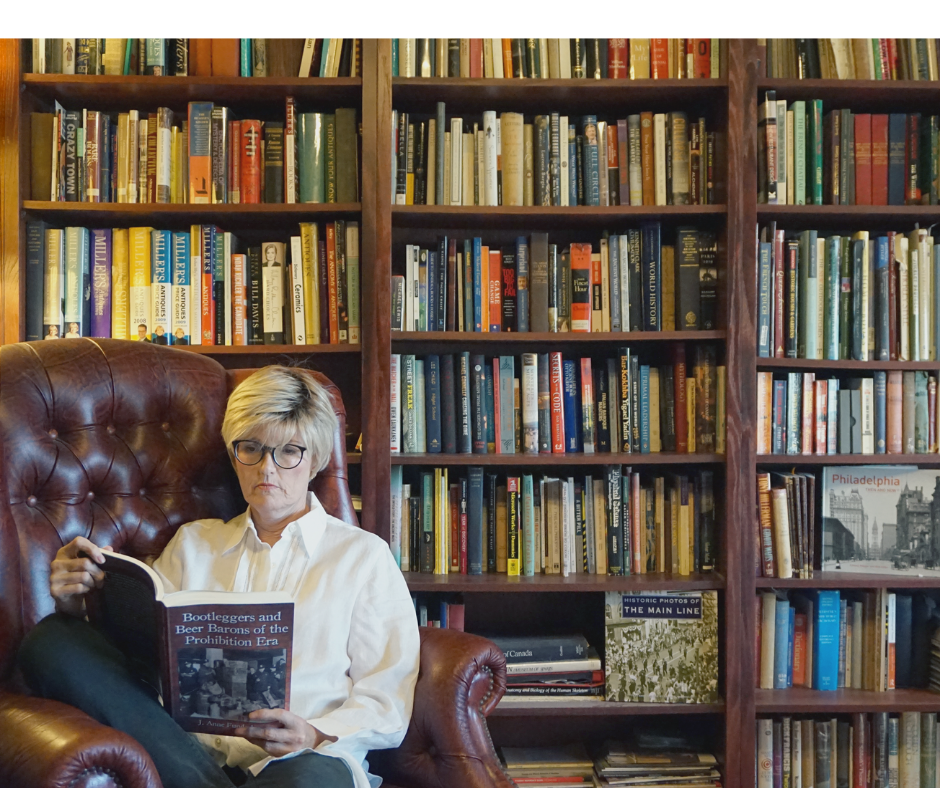
What are you working on right now?
I’m just wrapping up the second draft of A Gathering Storm, which is the first book in the Rum Runners’ Chronicles trilogy. One of the principle characters of the Bootlegger series that readers get to meet in Innocence Lost winds up running a speakeasy in Florida just at the end of Prohibition. It looks at the big questions of discovering who we are vs the public façade, and what we’re prepared to sacrifice to reach our goals.
Where can our readers discover more of your work or interact with you?
Readers can reach me at [email protected].
All things related to the books can be found on my website https://sherilyndecter.com. Also on my website is my blog where I delve deeper into some of the more interesting aspects of my research.
I’m on Facebook and regularly post all kinds of interesting things about 1920s fashion, society, politics, and bootlegging. https://www.facebook.com/sherilyndecter/
If you’re interested in flapper fashion, check out my Pinterest page at https://www.pinterest.ca/sherilyndecter/.
